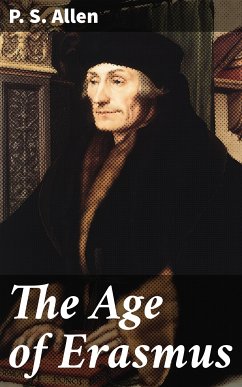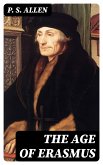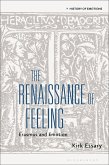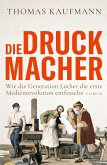In "The Age of Erasmus," P. S. Allen offers a profound exploration of the intellectual landscape during the Renaissance, particularly focusing on the insights and works of Desiderius Erasmus. Through a meticulous blend of historical narrative and critical analysis, Allen examines the interplay between humanism, religious thought, and socio-political changes of the period. His scholarly approach is underscored by eloquent prose and a nuanced understanding of the era's literary milieu, situating Erasmus as a pivotal figure whose ideas reverberated across Europe, influencing both theology and education. P. S. Allen, a distinguished scholar of Renaissance literature, draws upon extensive research and a deep affinity for the cultural movements that defined his academic endeavors. His passion for humanist philosophy and its implications for modern thought is evident throughout the text. Having dedicated much of his career to delving into the lives and works of Renaissance thinkers, Allen's insights into Erasmus'Äôs contextual significance and personal background render this book an invaluable resource for understanding the complexities of the period. Readers interested in the confluence of literature, history, and philosophy will find "The Age of Erasmus" an essential addition to their libraries. It illuminates not only the legacy of Erasmus himself but also the broader ideological currents that shaped modern Western thought. Allen's exceptional scholarship makes this work a compelling read for anyone seeking to grasp the rich tapestry of Renaissance humanism.
Dieser Download kann aus rechtlichen Gründen nur mit Rechnungsadresse in A, B, BG, CY, CZ, D, DK, EW, E, FIN, F, GR, H, IRL, I, LT, L, LR, M, NL, PL, P, R, S, SLO, SK ausgeliefert werden.









